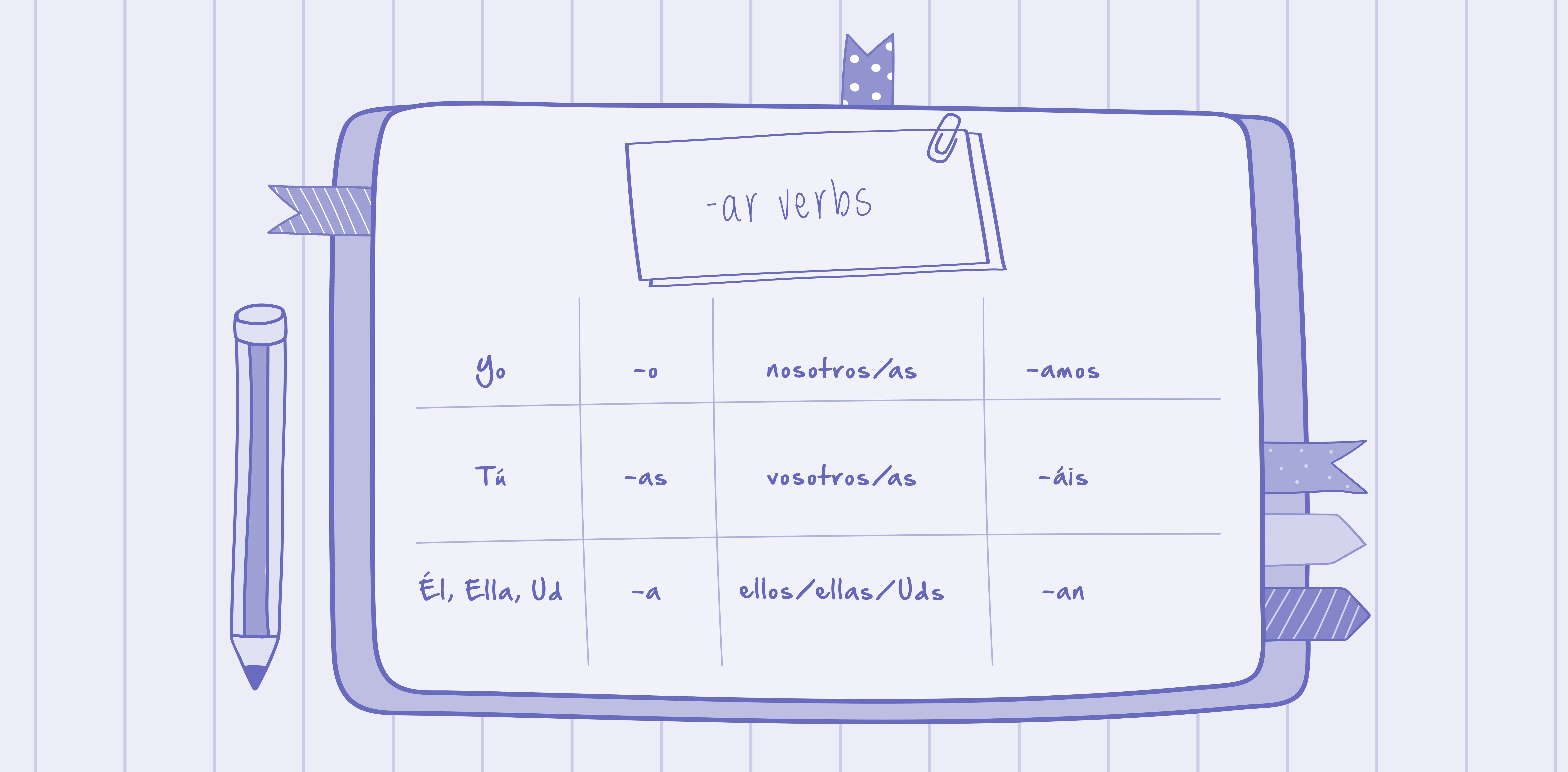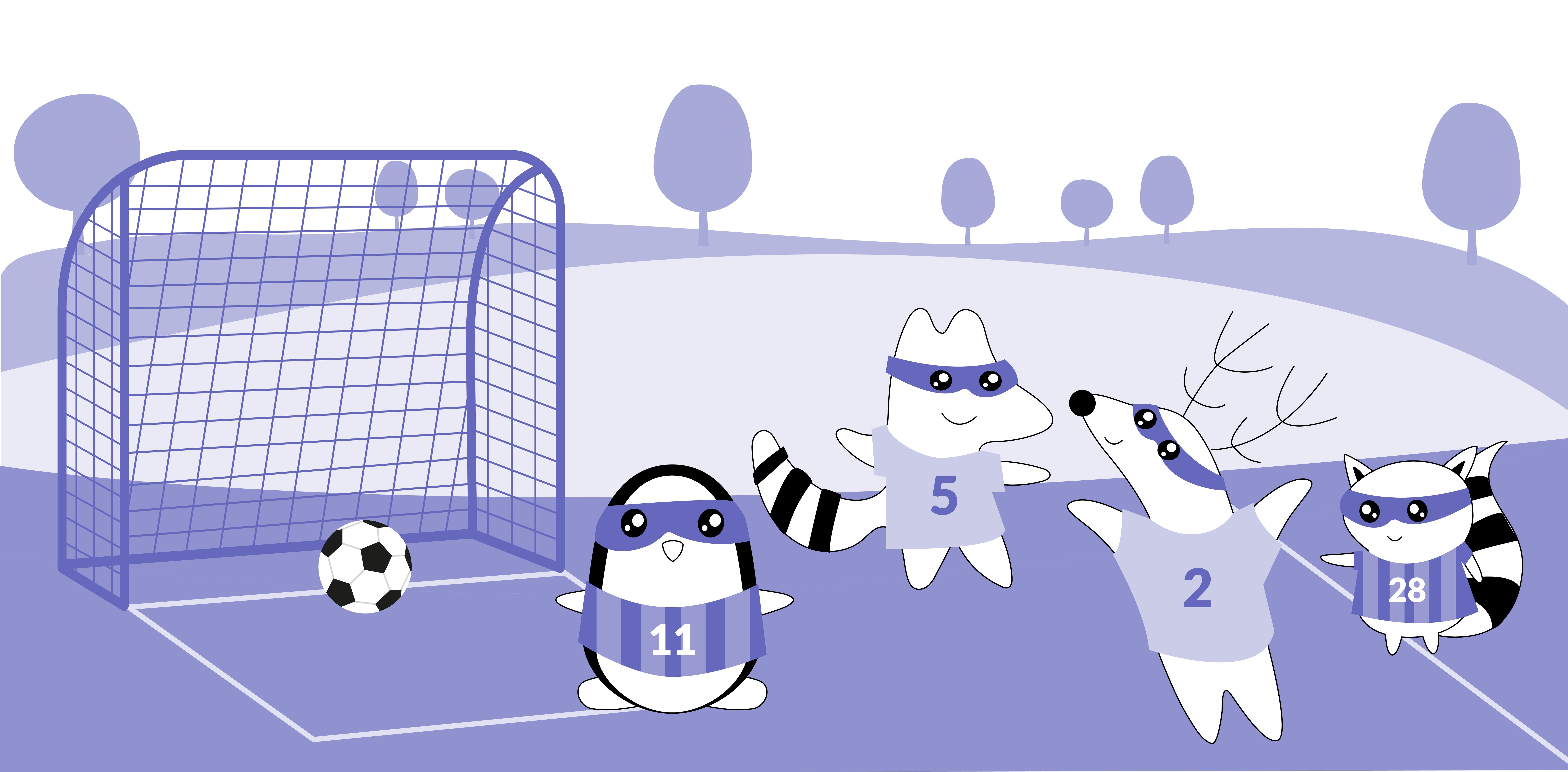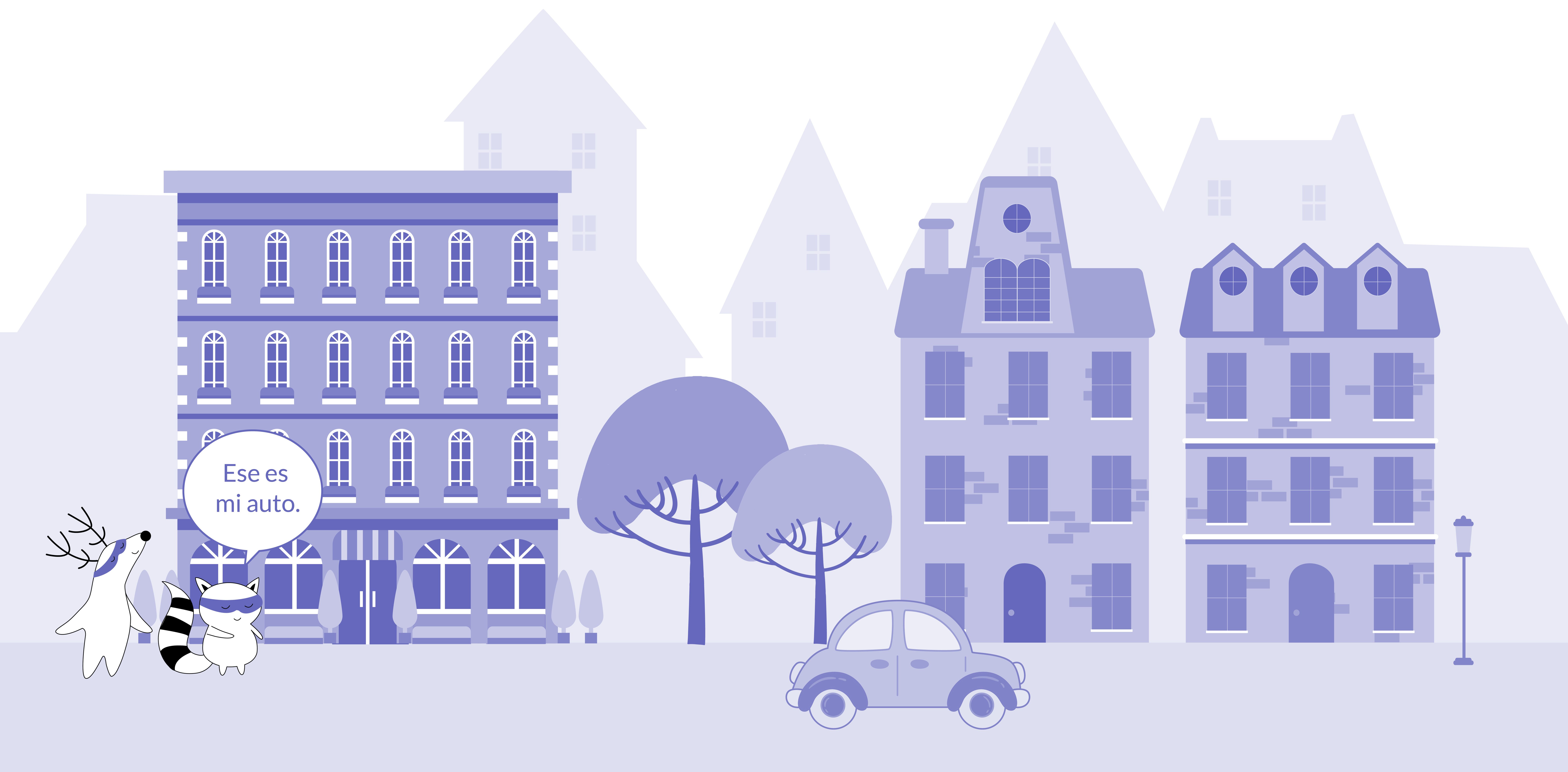
In the beautiful language of Spanish, the word for "tomorrow" is mañana. This simple term is used frequently in daily conversations among Spanish speakers. But, did you know that mañana can also mean "morning"? This versatile word, woven seamlessly into daily conversations, reflects the richness and depth of the Spanish language.
So, how do you know when mañana refers to "morning" or "tomorrow"? The answer lies in the context. Let's dive deeper into the use of mañana and other ways to refer to "tomorrow" in Spanish.
Learn Spanish with Langster
Mañana: An Overview
Mañana is the direct translation for "tomorrow." It can be a noun used to refer to the moment of the day (equivalent to “morning”). But, it can also be an adverb of time. For example, if you're planning to see your doctor the next day, you would say:
Spanish
English
Mañana voy a ver al doctor.
I'm going to see the doctor tomorrow.
Te conviene mañana.
Tomorrow is more advantageous.
El mañana me asusta, sobretodo el futuro.
Tomorrow scares me, especially the future.
Tengo que trabajar mañana.
I have to work tomorrow.
Confusion Between "Tomorrow" and "Morning"

When mañana is used to mean "morning," it usually refers to the first part of the day, from dawn until noon or thereabouts. This usage is common in everyday conversations.
For instance, if you're planning to have breakfast with a friend, you could use these Spanish words:
Spanish
English
Nos vemos mañana por la mañana para el desayuno.
We'll see each other tomorrow in the morning for breakfast.
In contrast, when mañana is used to mean "tomorrow," it refers to the day after the current one. You might use this when making plans or appointments for the following day. For example:
Spanish
English
Vamos al cine mañana por la tarde.
We're going to the cinema tomorrow in the afternoon.
The dual meanings of mañana offer a fascinating glimpse into the richness of the Spanish language. By paying attention to context and familiarizing yourself with common phrases, you can navigate these nuances with confidence and grace.
Other Ways to Say "Tomorrow"
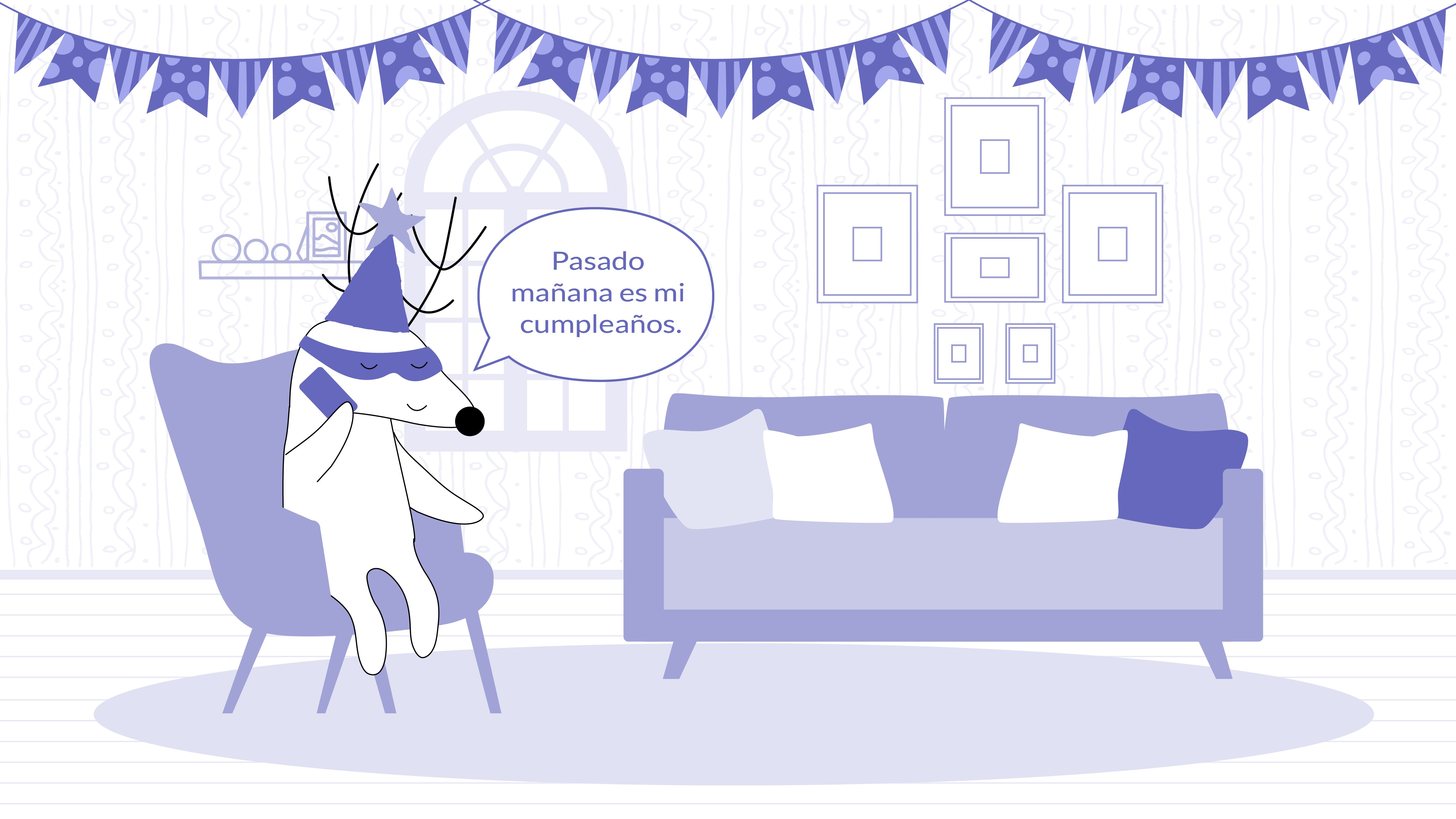
While mañana is the most common way to say "tomorrow," there are other phrases and expressions that convey a similar idea:
| Phrase | Explanation | Spanish Example | English example |
|---|---|---|---|
| Pasado mañana | This phrase literally translates to "past tomorrow," but it means "the day after tomorrow". | Pasado mañana es mi cumpleaños. | My birthday is the day after tomorrow. |
| Más trade | Literally translating to "later," this phrase can sometimes refer to "tomorrow" when discussing future plans, although it's less specific than mañana. | Lo haré más trade. | I'll do it later (possibly tomorrow). |
| Phrase | Explanation | Spanish Example | English example |
|---|---|---|---|
| Pasado mañana | This phrase literally translates to "past tomorrow," but it means "the day after tomorrow". | Pasado mañana es mi cumpleaños. | My birthday is the day after tomorrow. |
| Más trade | Literally translating to "later," this phrase can sometimes refer to "tomorrow" when discussing future plans, although it's less specific than mañana. | Lo haré más trade. | I'll do it later (possibly tomorrow). |
Common Phrases with Mañana
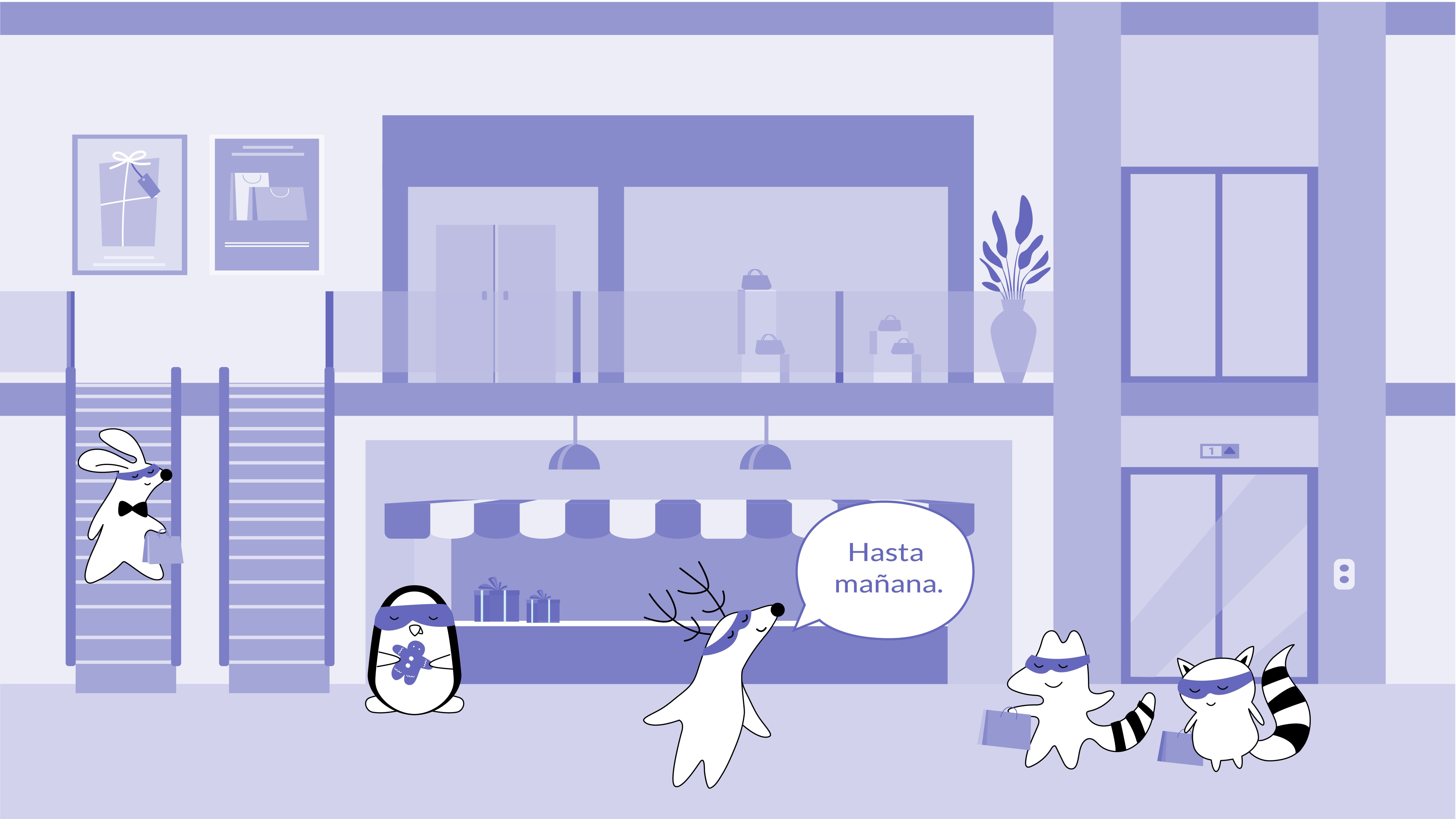
Spanish speakers often use idiomatic expressions with mañana. Here are a few examples:
| Phrase | Explanation | Spanish Example | English example |
|---|---|---|---|
| Hasta mañana | This is a common way to say "See you tomorrow." | ¡Hasta mañana, amigos! | See you tomorrow, friends! |
| Mañana será otro día | This phrase is equivalent to the English idiom "Tomorrow is another day," expressing hope for better things to come. | Hoy fue un día difícil, pero mañana será otro día. | Today was a tough day, but tomorrow is another day. |
| La mañana es sabia | This phrase is akin to the English saying "Sleep on it," suggesting that solutions or answers often become clearer after a night's rest. | La mañana es sabia y podrás resolver tu problema. | Sleep on it: tomorrow you'll know how to solve your problem. |
| Phrase | Explanation | Spanish Example | English example |
|---|---|---|---|
| Hasta mañana | This is a common way to say "See you tomorrow." | ¡Hasta mañana, amigos! | See you tomorrow, friends! |
| Mañana será otro día | This phrase is equivalent to the English idiom "Tomorrow is another day," expressing hope for better things to come. | Hoy fue un día difícil, pero mañana será otro día. | Today was a tough day, but tomorrow is another day. |
| La mañana es sabia | This phrase is akin to the English saying "Sleep on it," suggesting that solutions or answers often become clearer after a night's rest. | La mañana es sabia y podrás resolver tu problema. | Sleep on it: tomorrow you'll know how to solve your problem. |
The Bottom Line

Mastering the multiple meanings of mañana and other Spanish terms is a significant step towards fluent communication in this vibrant language. To make this journey easier, consider using the Langster app. It offers an interactive and fun way to learn Spanish, complete with real-world stories, engaging exercises, and comprehensive lessons.
Langster's intuitive design makes it easy to practice and expand your vocabulary regularly, turning language learning into an enjoyable daily habit. Get started with our app or desktop version, and take your Spanish to the next level!
Learn Spanish with Langster







